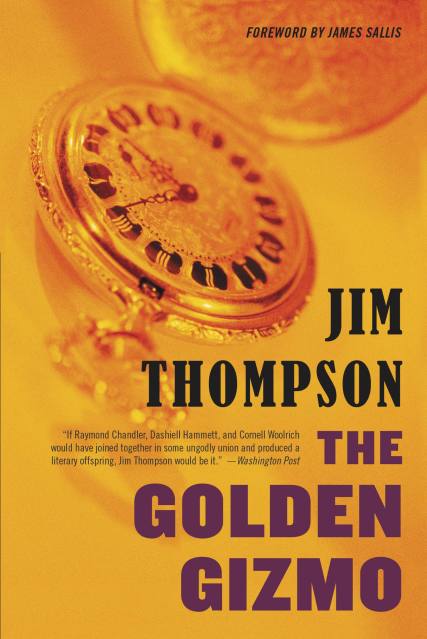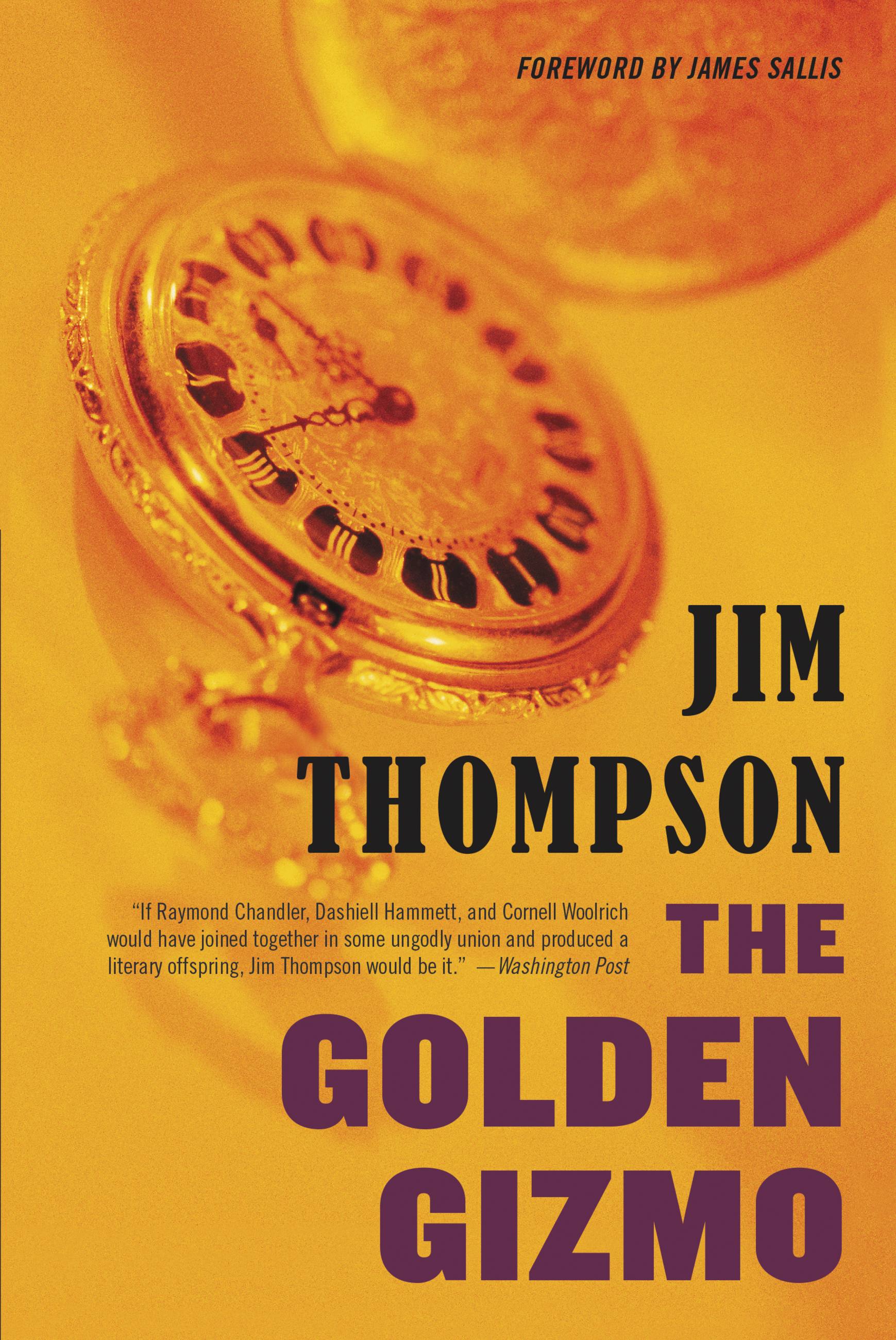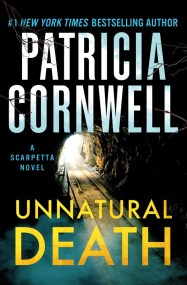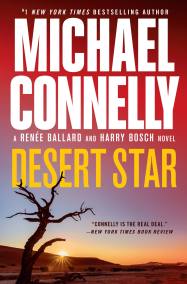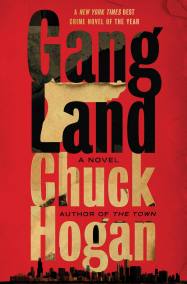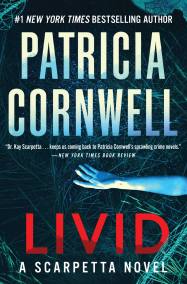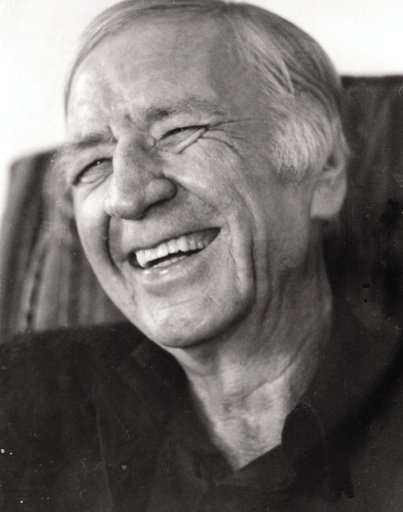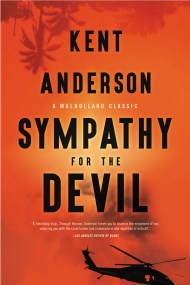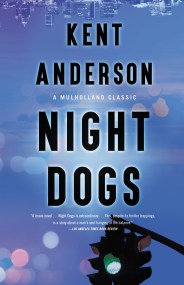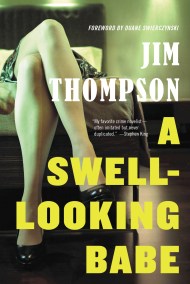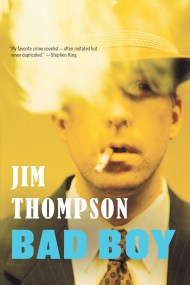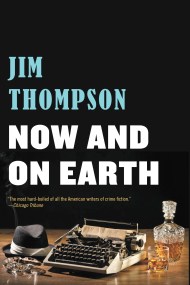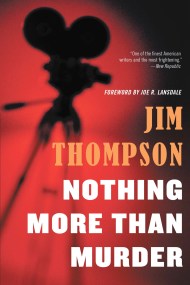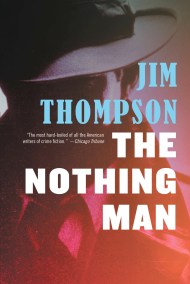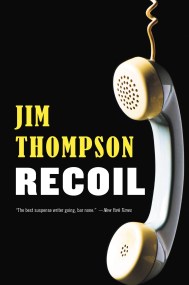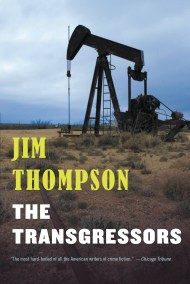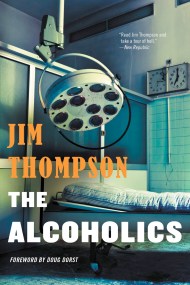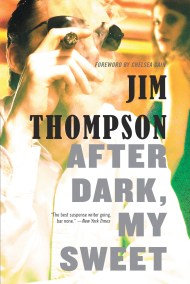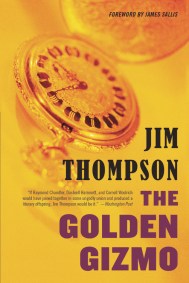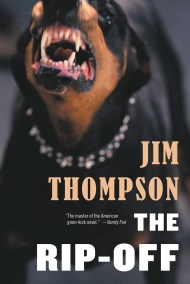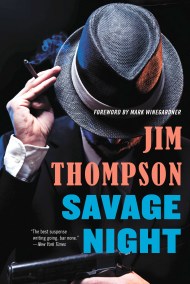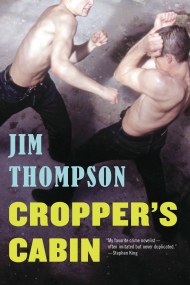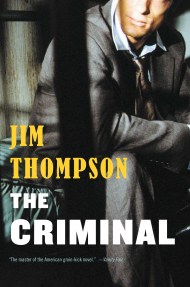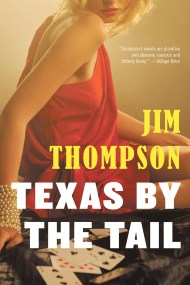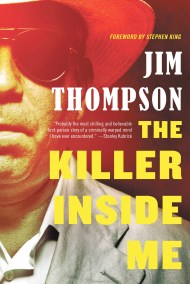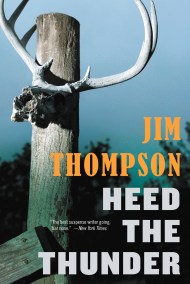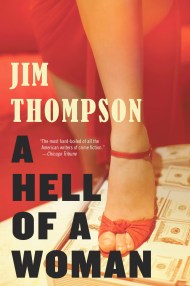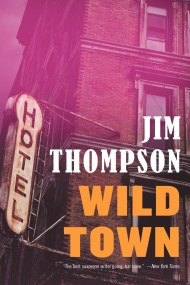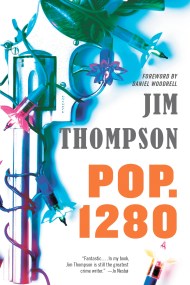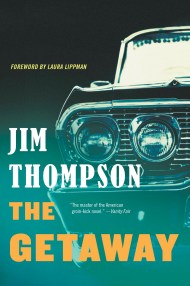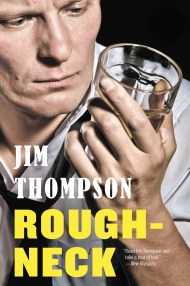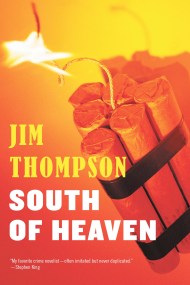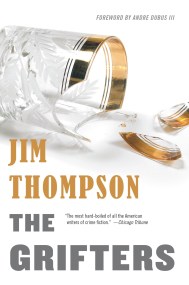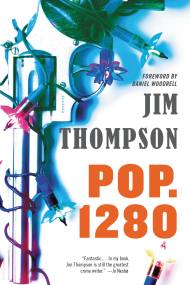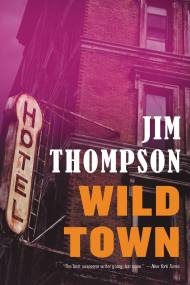The Golden Gizmo
Contributors
By Jim Thompson
Foreword by James Sallis
Formats and Prices
Price
$9.99Price
$12.99 CADFormat
Format:
- ebook (Digital original) $9.99 $12.99 CAD
- Trade Paperback $15.00 $17.00 CAD
This item is a preorder. Your payment method will be charged immediately, and the product is expected to ship on or around July 1, 2012. This date is subject to change due to shipping delays beyond our control.
Also available from:
“Gizmo” is the GI term for the unidentifiable — and that’s the way that Toddy Kent has begun to think of the reasons behind the rapid swing of his days. Somehow, Kent seems always to find himself regularly confronted with The Big Break every man would kill for — only to see it slip through his fingers.
Kent’s grinding out a paycheck buying gold on the cheap and selling it for the slimmest of profits when he stumbles into his latest, almost mythical discovery — pure, unadulterated gold in the form of a priceless watch he didn’t exactly mean to steal.
Soon Kent finds himself at the center of a whirlwind of danger involving everyone from the woman he can’t seem to shake, bail bondsmen who get word of Kent’s discovery, the Treasury Department, his pawnbroker, and a devious old man with a dog that may or may not be able to speak English, in a rip-roaring comedy of errors and would-you-believe-it bad luck unlike anything you’ve ever read.
Who ever knew one lousy watch could bring so much trouble? And how many times can Kent avoid getting killed before his luck runs out for good?
Kent’s grinding out a paycheck buying gold on the cheap and selling it for the slimmest of profits when he stumbles into his latest, almost mythical discovery — pure, unadulterated gold in the form of a priceless watch he didn’t exactly mean to steal.
Soon Kent finds himself at the center of a whirlwind of danger involving everyone from the woman he can’t seem to shake, bail bondsmen who get word of Kent’s discovery, the Treasury Department, his pawnbroker, and a devious old man with a dog that may or may not be able to speak English, in a rip-roaring comedy of errors and would-you-believe-it bad luck unlike anything you’ve ever read.
Who ever knew one lousy watch could bring so much trouble? And how many times can Kent avoid getting killed before his luck runs out for good?
Series:
- On Sale
- Jul 1, 2012
- Page Count
- 240 pages
- Publisher
- Mulholland Books
- ISBN-13
- 9780316196116
Newsletter Signup
By clicking ‘Sign Up,’ I acknowledge that I have read and agree to Hachette Book Group’s Privacy Policy and Terms of Use
